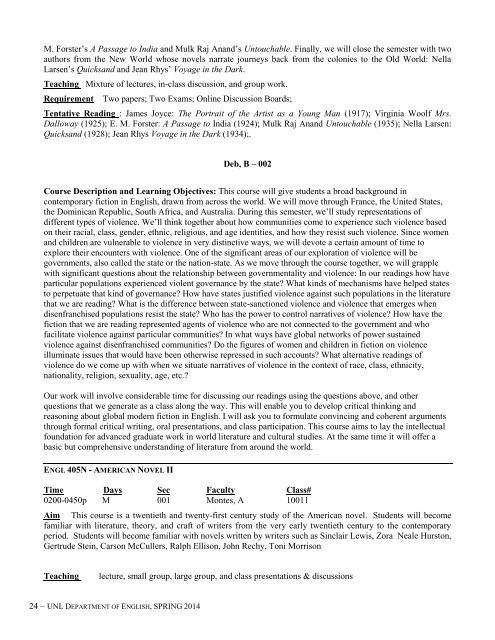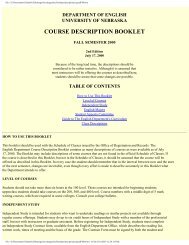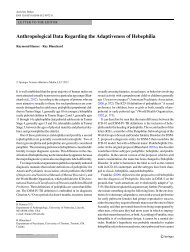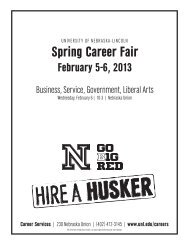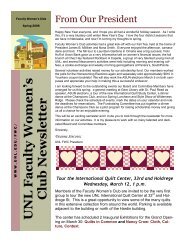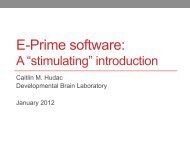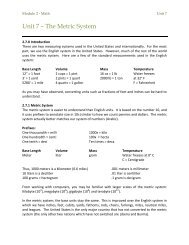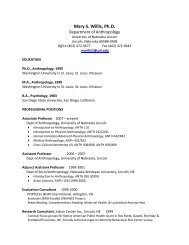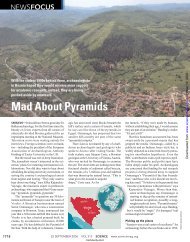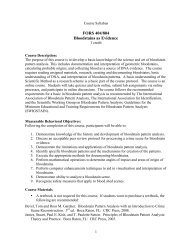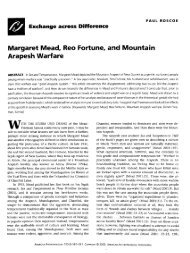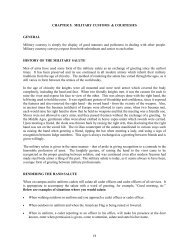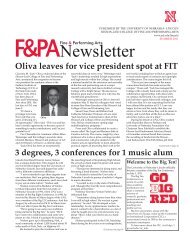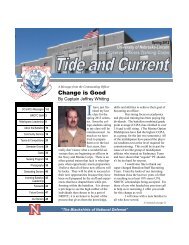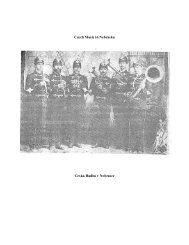COURSE DESCRIPTION BOOKLET Undergraduate Level Courses
COURSE DESCRIPTION BOOKLET Undergraduate Level Courses
COURSE DESCRIPTION BOOKLET Undergraduate Level Courses
Create successful ePaper yourself
Turn your PDF publications into a flip-book with our unique Google optimized e-Paper software.
M. Forster’s A Passage to India and Mulk Raj Anand’s Untouchable. Finally, we will close the semester with two<br />
authors from the New World whose novels narrate journeys back from the colonies to the Old World: Nella<br />
Larsen’s Quicksand and Jean Rhys’ Voyage in the Dark.<br />
Teaching Mixture of lectures, in-class discussion, and group work.<br />
Requirement<br />
Two papers; Two Exams; Online Discussion Boards;<br />
Tentative Reading : James Joyce: The Portrait of the Artist as a Young Man (1917); Virginia Woolf Mrs.<br />
Dalloway (1925); E. M. Forster: A Passage to India (1924); Mulk Raj Anand Untouchable (1935); Nella Larsen:<br />
Quicksand (1928); Jean Rhys Voyage in the Dark (1934);.<br />
Deb, B – 002<br />
Course Description and Learning Objectives: This course will give students a broad background in<br />
contemporary fiction in English, drawn from across the world. We will move through France, the United States,<br />
the Dominican Republic, South Africa, and Australia. During this semester, we’ll study representations of<br />
different types of violence. We’ll think together about how communities come to experience such violence based<br />
on their racial, class, gender, ethnic, religious, and age identities, and how they resist such violence. Since women<br />
and children are vulnerable to violence in very distinctive ways, we will devote a certain amount of time to<br />
explore their encounters with violence. One of the significant areas of our exploration of violence will be<br />
governments, also called the state or the nation-state. As we move through the course together, we will grapple<br />
with significant questions about the relationship between governmentality and violence: In our readings how have<br />
particular populations experienced violent governance by the state? What kinds of mechanisms have helped states<br />
to perpetuate that kind of governance? How have states justified violence against such populations in the literature<br />
that we are reading? What is the difference between state-sanctioned violence and violence that emerges when<br />
disenfranchised populations resist the state? Who has the power to control narratives of violence? How have the<br />
fiction that we are reading represented agents of violence who are not connected to the government and who<br />
facilitate violence against particular communities? In what ways have global networks of power sustained<br />
violence against disenfranchised communities? Do the figures of women and children in fiction on violence<br />
illuminate issues that would have been otherwise repressed in such accounts? What alternative readings of<br />
violence do we come up with when we situate narratives of violence in the context of race, class, ethnicity,<br />
nationality, religion, sexuality, age, etc.?<br />
Our work will involve considerable time for discussing our readings using the questions above, and other<br />
questions that we generate as a class along the way. This will enable you to develop critical thinking and<br />
reasoning about global modern fiction in English. I will ask you to formulate convincing and coherent arguments<br />
through formal critical writing, oral presentations, and class participation. This course aims to lay the intellectual<br />
foundation for advanced graduate work in world literature and cultural studies. At the same time it will offer a<br />
basic but comprehensive understanding of literature from around the world.<br />
ENGL 405N - AMERICAN NOVEL II<br />
Time Days Sec Faculty Class#<br />
0200-0450p M 001 Montes, A 10011<br />
Aim This course is a twentieth and twenty-first century study of the American novel. Students will become<br />
familiar with literature, theory, and craft of writers from the very early twentieth century to the contemporary<br />
period. Students will become familiar with novels written by writers such as Sinclair Lewis, Zora Neale Hurston,<br />
Gertrude Stein, Carson McCullers, Ralph Ellison, John Rechy, Toni Morrison<br />
Teaching<br />
lecture, small group, large group, and class presentations & discussions<br />
24 – UNL DEPARTMENT OF ENGLISH, SPRING 2014


